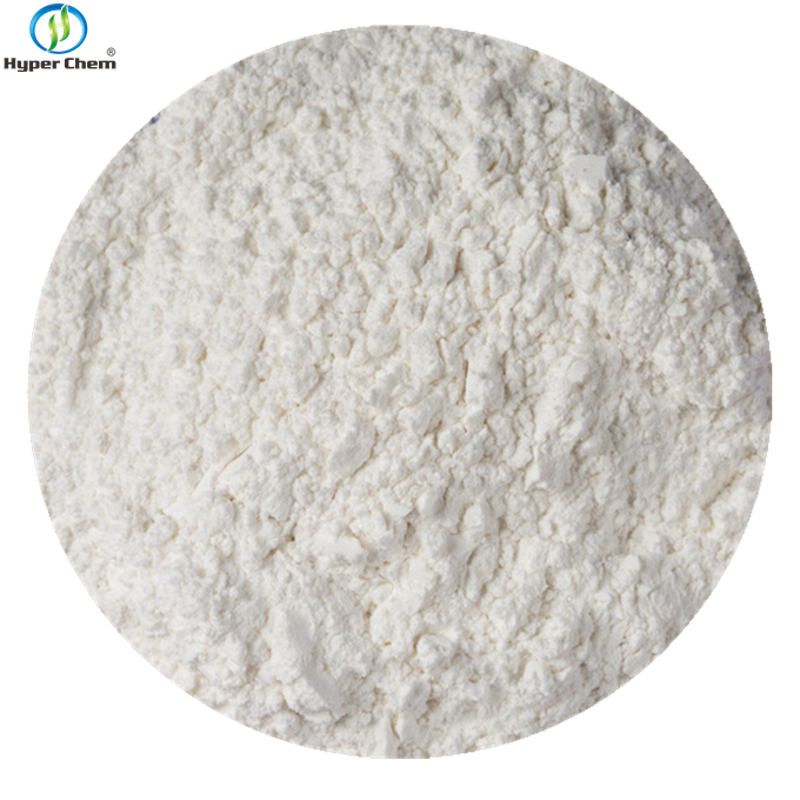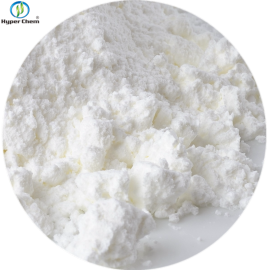-
Categories
-
Pharmaceutical Intermediates
-
Active Pharmaceutical Ingredients
-
Food Additives
- Industrial Coatings
- Agrochemicals
- Dyes and Pigments
- Surfactant
- Flavors and Fragrances
- Chemical Reagents
- Catalyst and Auxiliary
- Natural Products
- Inorganic Chemistry
-
Organic Chemistry
-
Biochemical Engineering
- Analytical Chemistry
-
Cosmetic Ingredient
- Water Treatment Chemical
-
Pharmaceutical Intermediates
Promotion
ECHEMI Mall
Wholesale
Weekly Price
Exhibition
News
-
Trade Service
Lenvatinib mesylate is a cancer treatment drug that is used to treat various types of cancer, including kidney, liver, and thyroid cancer.
The drug works by inhibiting the activity of a protein called tyrosine kinase, which is involved in cell growth and division.
In the chemical industry, lenvatinib mesylate is used as an intermediate in the production of other chemicals and drugs.
Upstream Products
The production of lenvatinib mesylate requires several upstream products, including raw materials and intermediates.
One of the key raw materials used in the production of lenvatinib mesylate is levodopa, which is an essential ingredient in the production of the drug.
Levodopa is derived from the plant Mucuna pruriens, which is found in tropical regions of the world.
The plant is extracted to produce a crude material, which is then purified to produce a pure form of levodopa.
Other raw materials used in the production of lenvatinib mesylate include sucrose, anhydrous citric acid, sodium citrate, and sodium chloride.
These materials are used in the production of various intermediates, including the production of the active pharmaceutical ingredient (API).
Downstream Products
The production of lenvatinib mesylate involves several downstream processes, including the purification and formulation of the drug.
Once the API is synthesized, it is purified to remove impurities and ensure that the final product meets the required purity standards.
The purified API is then formulated into various dosage forms, including tablets, capsules, and suspensions.
One of the downstream products of lenvatinib mesylate is a tablet formulation that is used to treat kidney cancer.
The tablets are coated with a material that protects the drug from degradation in the acidic environment of the stomach and ensures that the drug is released slowly into the bloodstream.
The tablets are also formulated with excipients, such as microcrystalline cellulose, that help to bind the drug and ensure that it remains stable during storage.
Another downstream product of lenvatinib mesylate is a suspension formulation that is used to treat thyroid cancer.
The suspension is formulated with excipients, such as mannitol and xylitol, that help to stabilize the drug and ensure that it remains suspended in the liquid.
The suspension is also formulated with a preservative, such as sodium benzoate, that helps to prevent the growth of bacteria and fungi.
Conclusion
Lenvatinib mesylate is a cancer treatment drug that is used to treat various types of cancer.
The drug is synthesized through a series of upstream and downstream processes, which involve the use of various raw materials and intermediates.
The production of lenvatinib mesylate requires a number of upstream products, including raw materials and intermediates, such as levodopa and sucrose.
The drug is then synthesized through a series of downstream processes, including purification and formulation, to produce various dosage forms, including tablets and suspensions.
The production of lenvatinib mesylate is a complex process that requires careful control and monitoring to ensure that the final product meets the required purity and efficacy standards.







